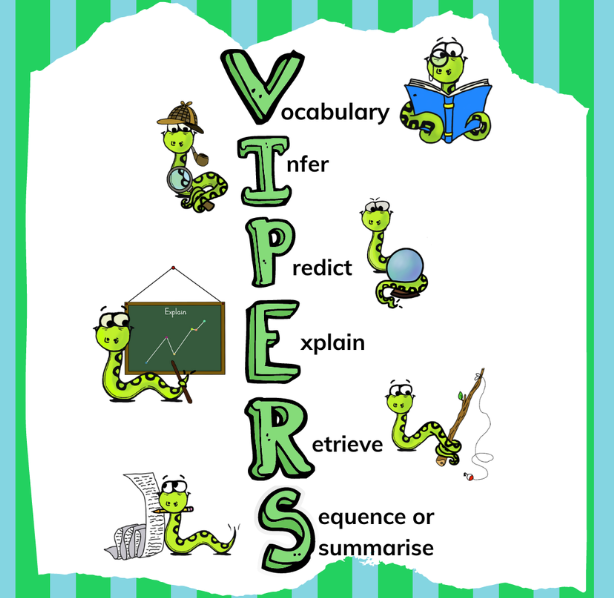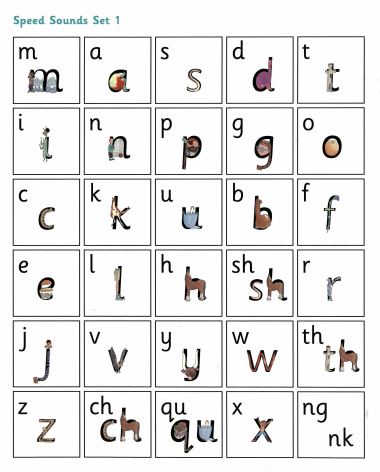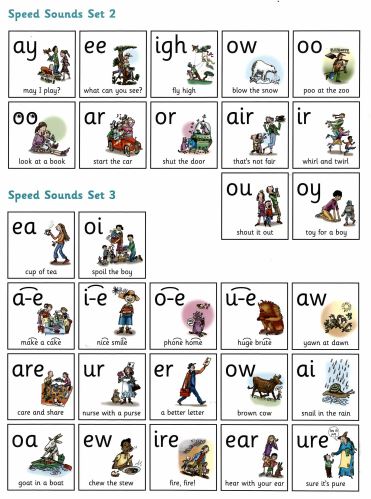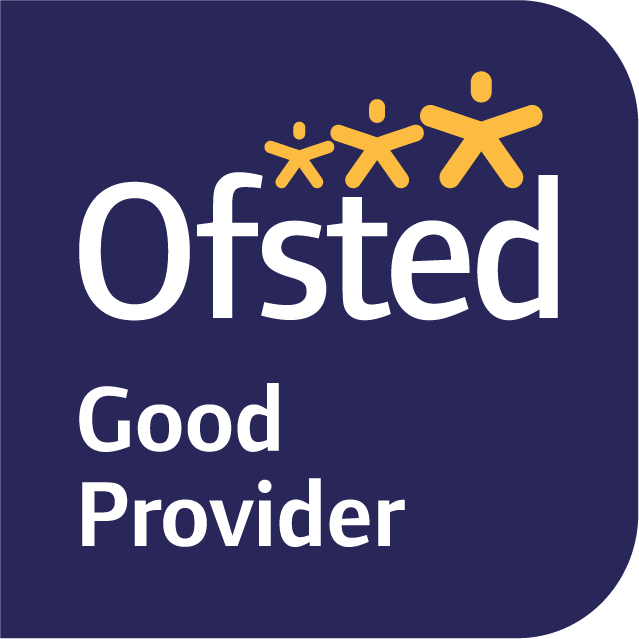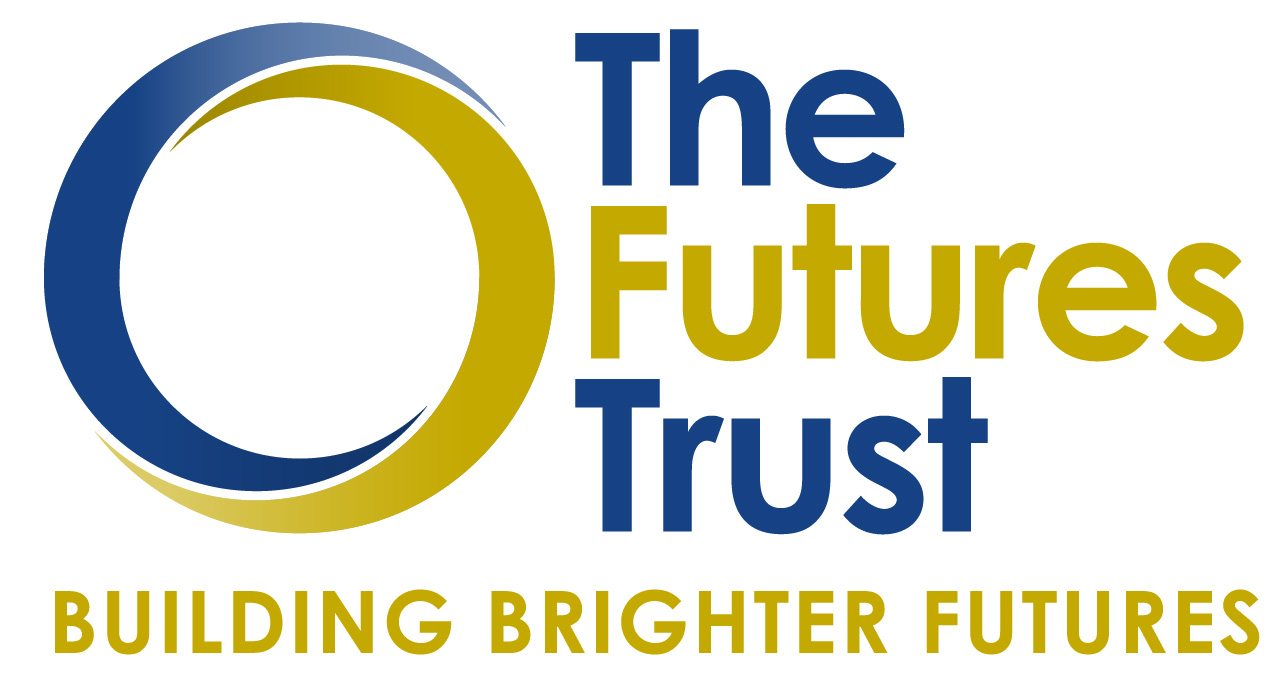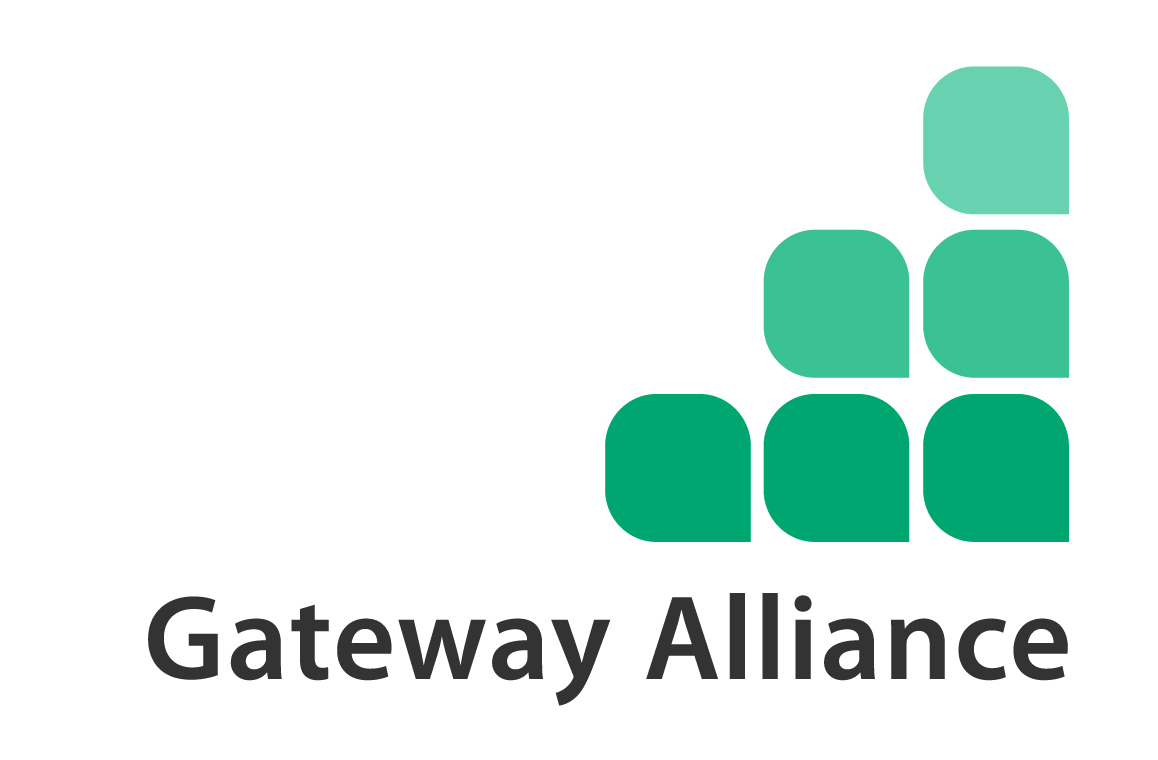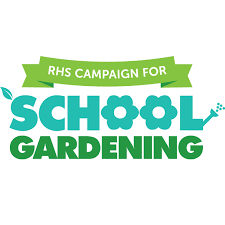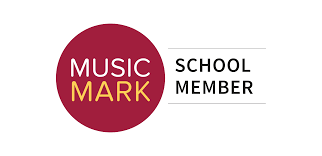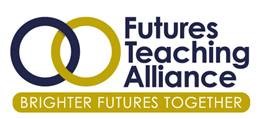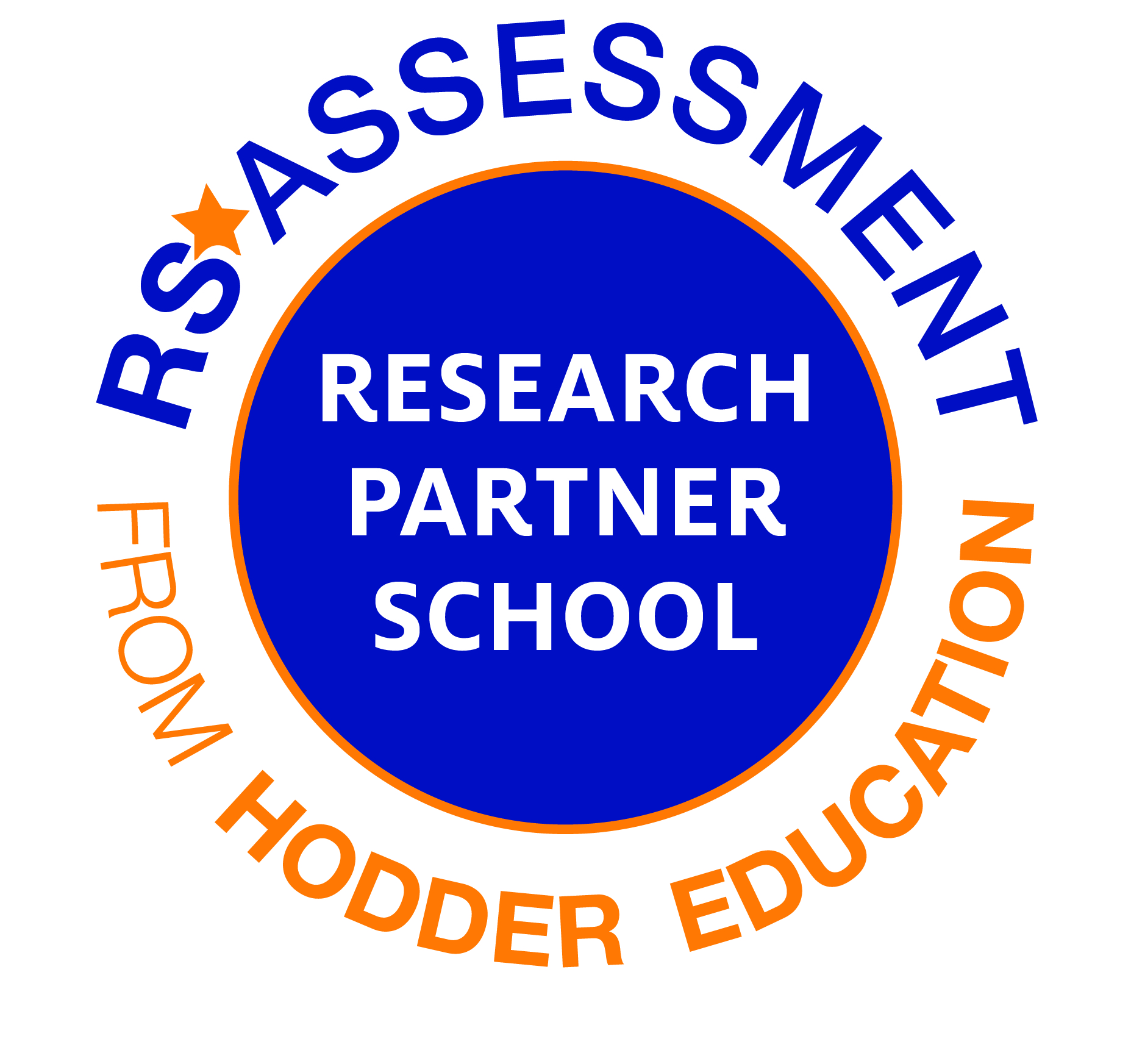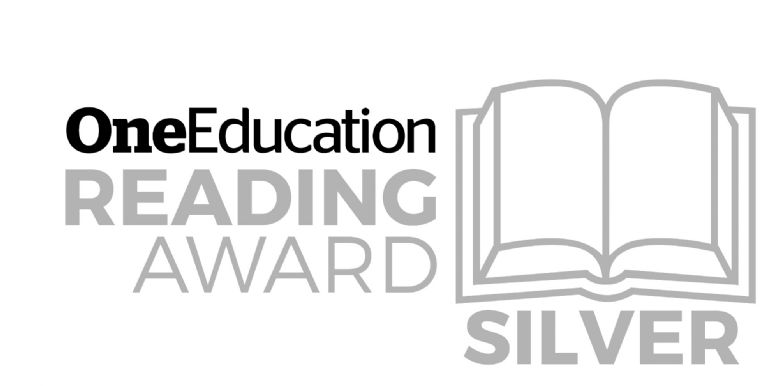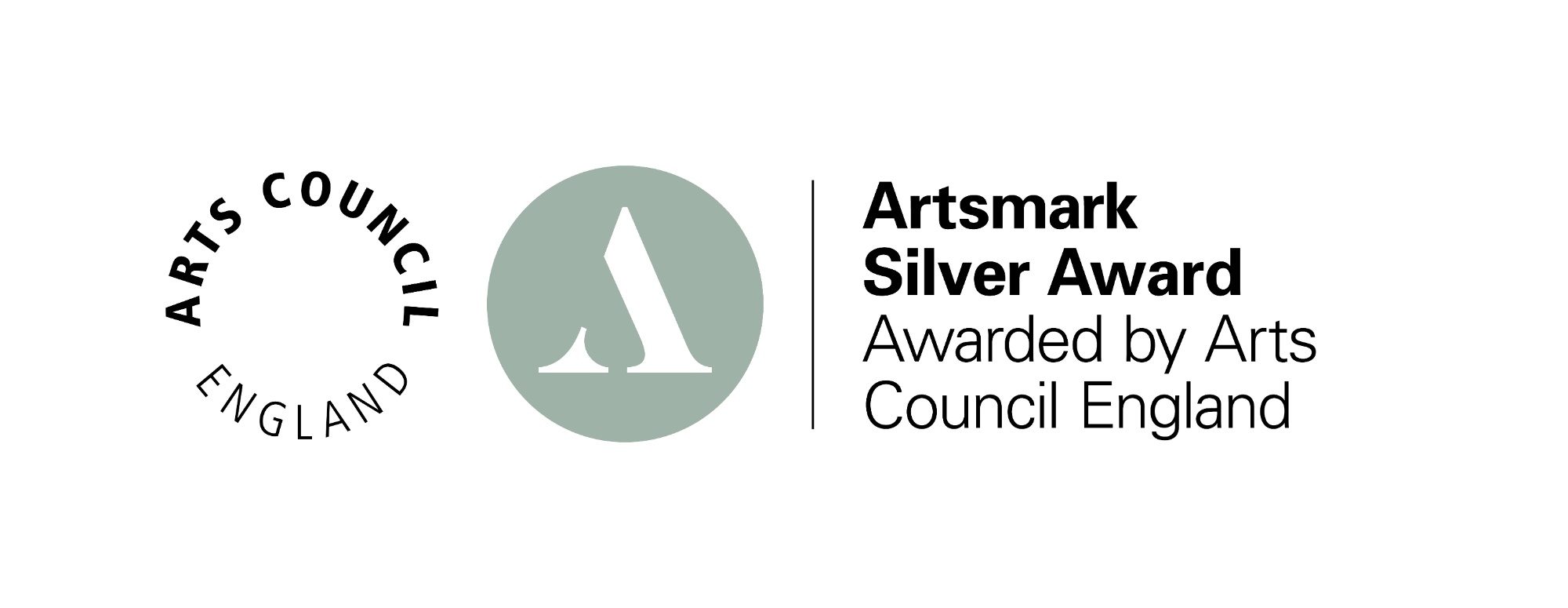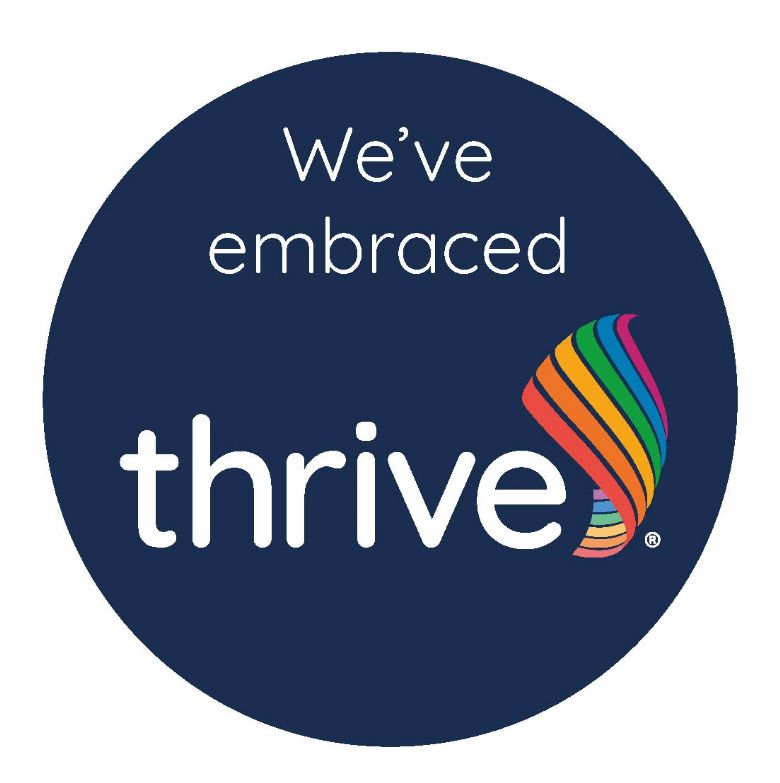Reading
Reading at Keresley Grange
Reading is at the heart of the curriculum at Keresley Grange. It forms a key part of all learning experiences with a focus on extending children's language. Children are provided with a wide range of reading opportunities, encouraging a love of reading that will stay with them throughout their lives. We want all children to form positive reading habits and become experienced readers before they move on to the next stage of their education. Our aim is for all children to see themselves as readers; who are discerning about what they like; who are adventurous in their choice of reading material and who are motivated to read widely and constantly. Our practice is constantly evolving as we search for the way to ensure we give the greatest number of children the best chance possible of developing these habits.
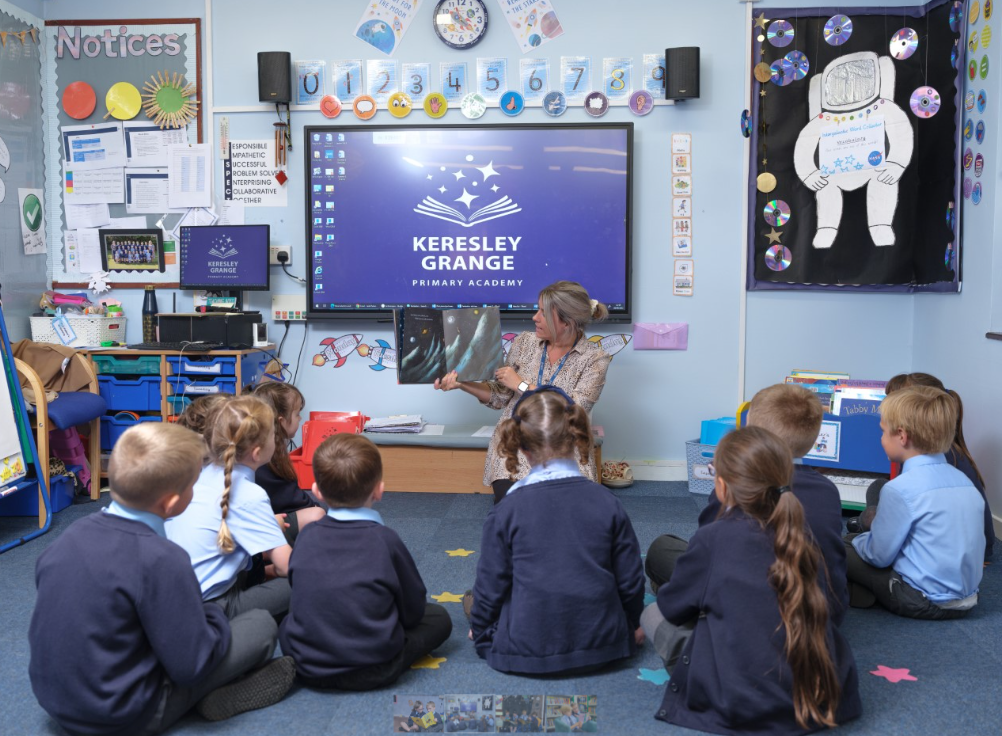
Phonics
At Keresley Grange we aim for all our children to become fluent, confident readers who are passionate about reading.
Children who read regularly or are read to regularly have the opportunity to open the doors to so many different worlds!
More importantly, reading will give your child the tools to become independent life-long learners.
We can achieve this together through:
- Read Write Inc, a program to help your child read at school
- Encouraging children to develop a love of books by reading to them daily, at home and at school
- Giving children access to a wide range of books at school and at home
What is Read Write Inc?
Read Write Inc (RWI) is a phonics complete literacy programme which helps all children learn to read fluently and at speed so they can focus on developing their skills in comprehension, vocabulary and spelling. The programme is designed for children aged 4-7. However, we continue teaching RWI to children beyond the age of 7, as we use a stage not age approach.
How will my child be taught to read?
We start by teaching RWI phonics to the children in the Reception class. This means that they learn how to ‘read’ the sounds in words and how those sounds can be written down. This is essential for reading, but it also helps children learn to spell well. We teach the children simple ways of remembering these sounds and letters.
Reading
The children:
- Learn 44 sounds and the corresponding letters/letter groups using simple picture prompts
- Learn to read words using Fred talk and sound blending
- Read from a range of storybooks and non-fiction books matched to their phonic knowledge
- Work well with partners
- Develop comprehension skills in stories by answering 'Find It' and 'Prove It' discussion questions
Writing
The children:
- Learn to write and form the letters/letter groups which represent the 44 sounds with the help of fun phrases
- Learn to write words by using Fred Talk
- Learn to build sentences by practising sentences out loud before they write
Talking
The children work in pairs so that they:
- Answer every question
- Practise every activity with their partner
- Take turns in talking and reading to each other
- Develop ambitious vocabulary
Progressing through the stages
Children in Early Years are introduced to initial sounds. Children then begin to learn how to 'read' the sound in words and how those sounds can be written down. As children progress, they follow the same format as Early Years but will work on complex sounds and read books appropriate to their reading level and finally moving onto RWI comprehension.
Accelerated Reader
At Keresley Grange, you can almost feel the buzz about books. All children from Reception to Year 6 are actively involved in our Accelerated Reader programme, which hooks them in to reading and leads them on a quest for their next best read.
Accelerated Reader challenges our children and encourages them to extend their reading experience. Once they have read a book, the children take a quiz on it. A result of 85% or more in that quiz means the words are added to their word count. The children try to beat their monthly target, which takes them closer to their millionaire reader reward. We also have reading battles within and across classes and a boys vs girls whole school competition each week. The star reading assessment informs our children (and their teacher) of the number and colour of their reading level. We celebrate a Star Reader from each class in our weekly Pride Assembly.
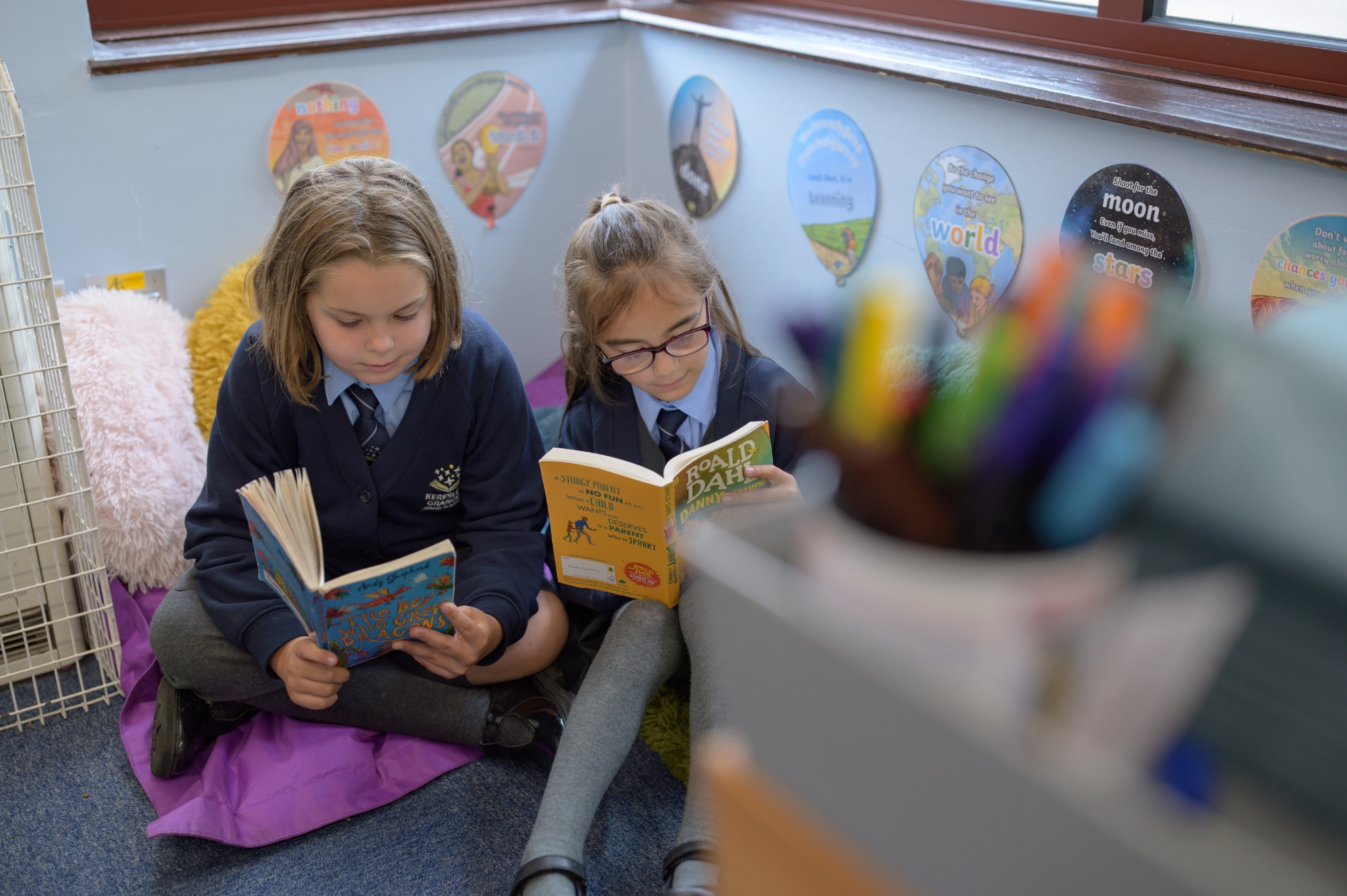
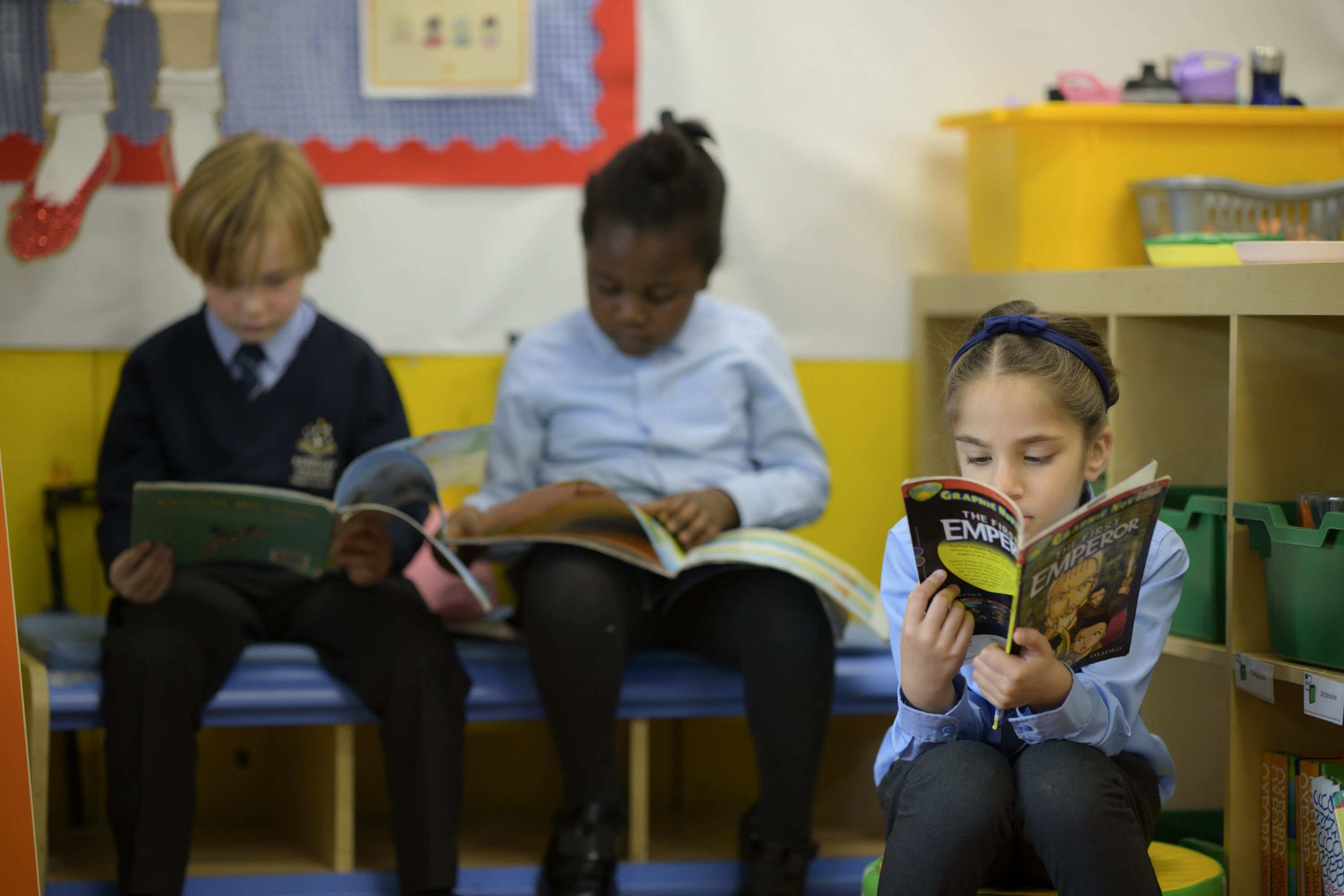
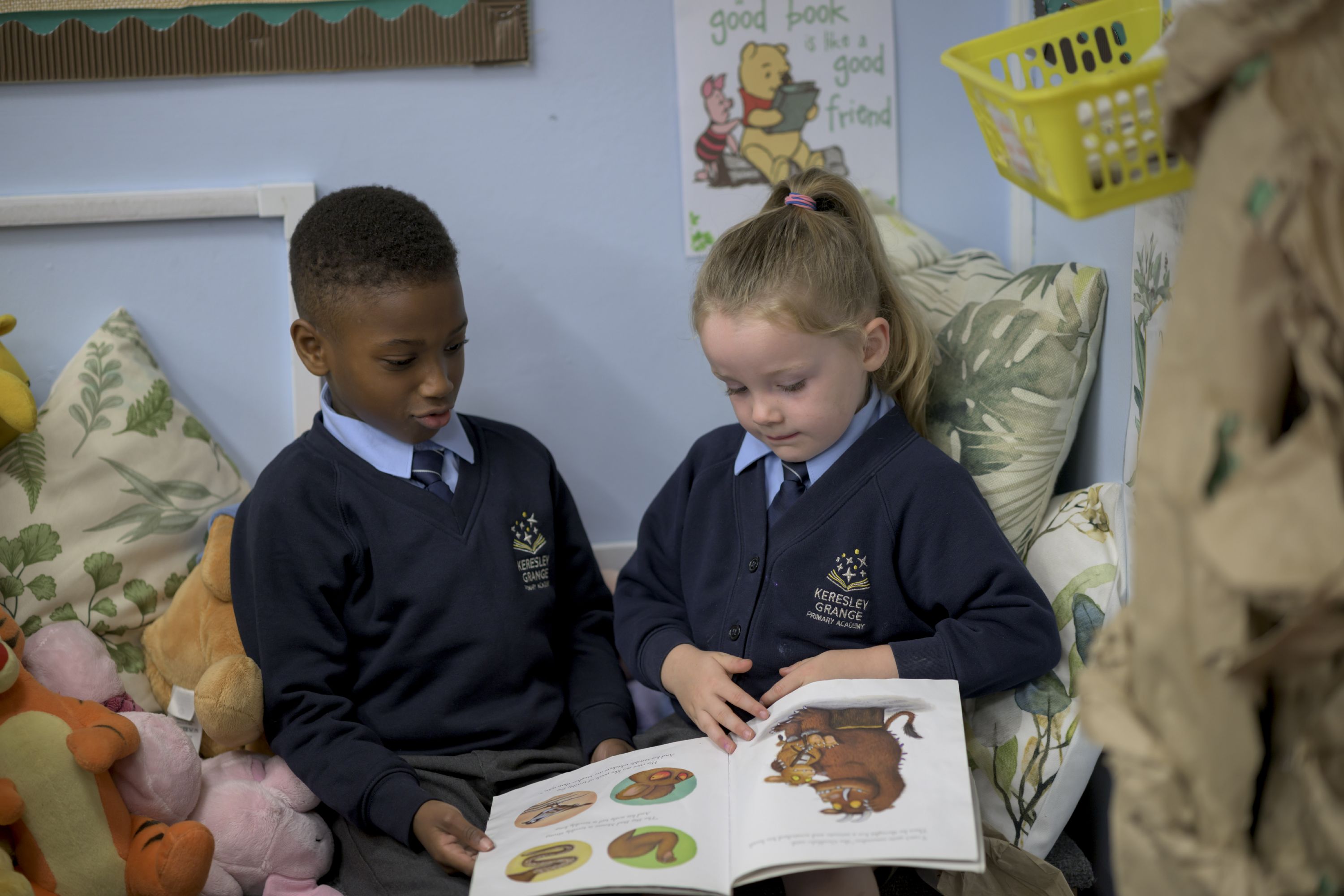
Key Stage 2 Reading
With our bespoke reading curriculum, within a week, children will practice their reading fluency, before re-reading to focus on their comprehension of the text. They will be given opportunities to complete comprehension activities and answer a range of reading questions, based upon the reading VIPERS, which they respond to both written and orally. Children are encouraged to collaborate in groups using sentence stems and high utility words to develop a response, which is articulated or written correctly. We also use our FANTASICS when reading to strengthen the link between our reading and writing curriculum.
VIPERS is an acronym to aid the recall of the 6 reading domains as part of the national reading curriculum. They are the key areas which we feel children need to know and understand in order to improve their comprehension of texts.
VIPERS stands for
Vocabulary
Inference
Prediction
Explanation
Retrieval
Sequence or Summarise
